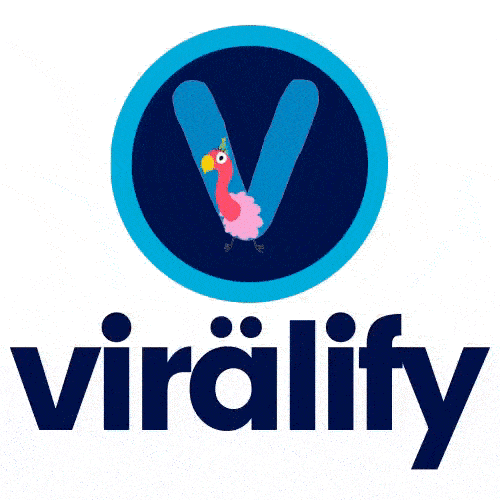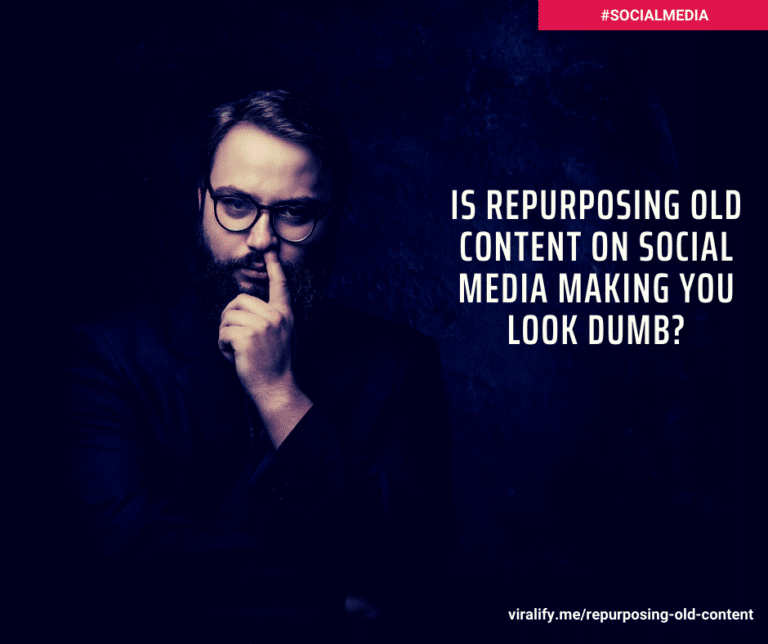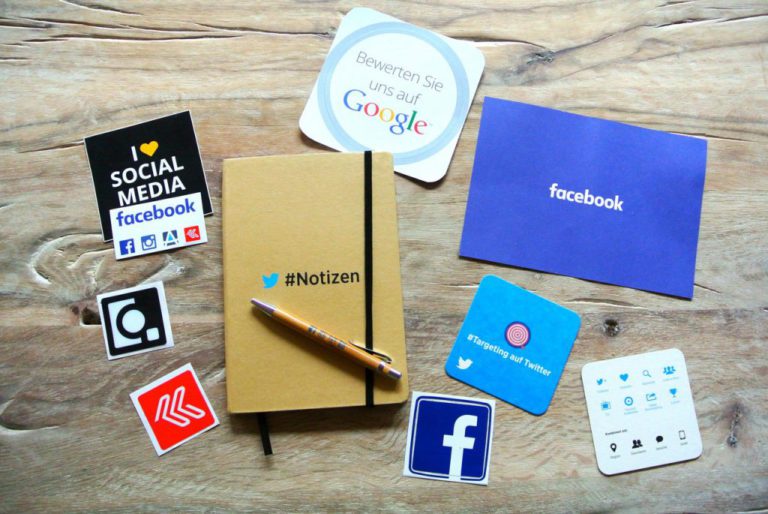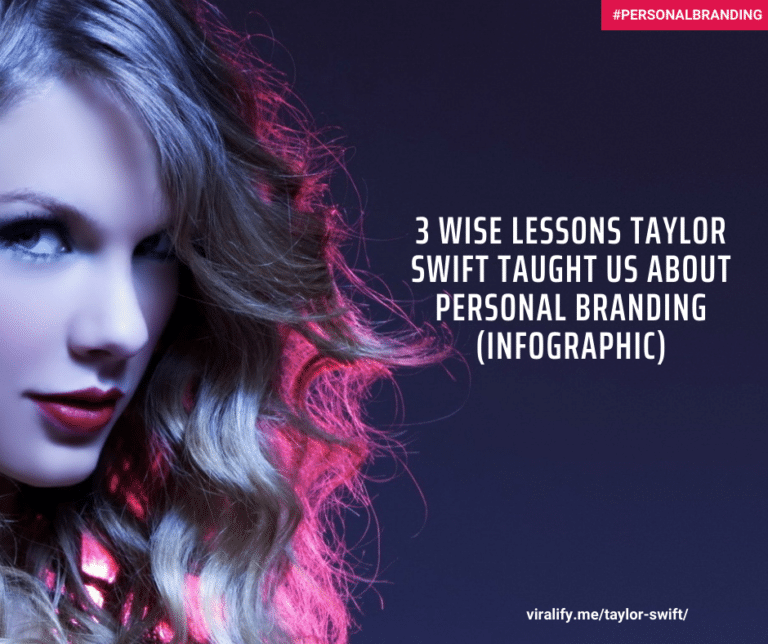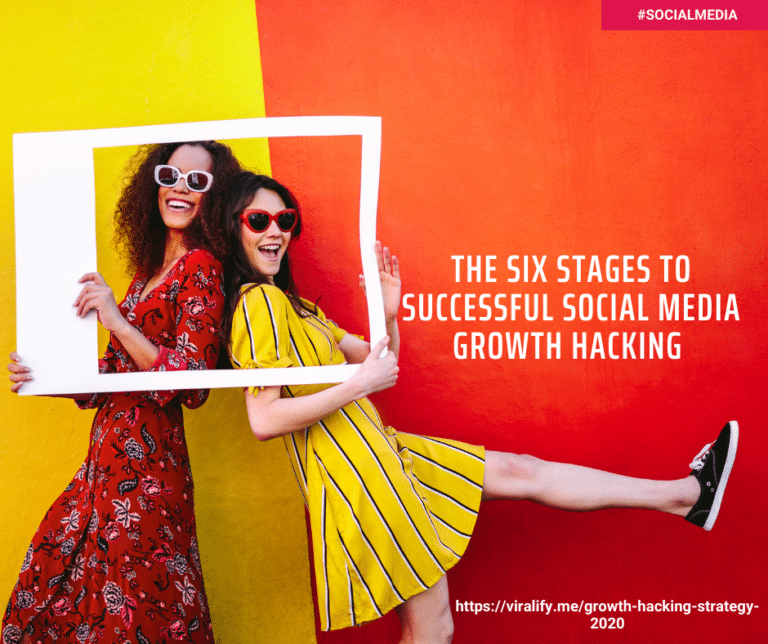In recent years, digital marketing Agencies have become highly important for brand hacking due to its reliability, consistency and instantaneous features. This opens opens a wide place for businesses such as retail and web commerce. But just how important is the role of digital marketing agencies in the current economy?
What is Digital Marketing?
Digital marketing encompasses all marketing efforts that use an electronic device or internet. Businesses leverage digital channels such as search engines, social media, email and their websites to connect with current and prospective customers. This can also be referred to as ‘online marketing’, ‘internet marketing’ or ‘web marketing’. Digital marketing is defined by the use of numerous digital tactics and channels to connect with customers where they spend much of their time: online. From a website to the business’s online branding assets – digital advertising, email marketing, online brochures, and beyond — there’s a spectrum of tactics falling under the umbrella of “digital marketing.”
Digital marketing is the marketing of products or services using digital technologies, mainly on the Internet, but also including mobile phones, display advertising, and any other digital medium.
Digital marketing methods such as Search Engine Optimization (SEO), Search Engine Marketing (SEM), Content Marketing, influencer marketing, content automation, campaign marketing, data-driven marketing, e-commerce marketing, social media marketing, social media optimization, e-mail direct marketing, display advertising, e-books, and optical disks and games are becoming more common in advancing technology. Digital marketing now extends to non-Internet channels that provide digital media, such as mobile phones (SMS and MMS], callback, and on-hold mobile ring tones.
The paradigm shift of Marketing from Traditional to Digital
The development of digital marketing is inseparable from technology development. In 1971, Ray Tomlinson sent the first email and his technology set the platform to allow people to send and receive files through different machines. In the 1980s, storage capacities of computers were already big enough to store huge volumes of customer information. Companies started choosing online techniques, such as database marketing, rather than a limited list broker. This kind of databases allowed companies to track customers’ information more effectively, thus transforming the relationship between buyer and seller. However, the manual process was not so efficient.
The term Digital Marketing was first coined in 1990,s, and with the debut of server/client architecture and the popularity of personal computers, the Customer Relationship Management (CRM) applications became a significant part of marketing technology. Fierce competition forced vendors to include more service into their software, for example, marketing, sales and service applications. Marketers were also able to own huge online customer data by e CRM software after the Internet was born. Companies could update the data of customer needs and obtain the priorities of their experience. This led to the first clickable banner ad being going live in 1994, which was the “You Will” campaign by AT&T and over first four months of it going live, 44% of all people who saw it clicked on the ad.
In the 2000s, with more and more Internet users and the birth of iPhone, customers started searching products and making decisions about their needs online first, instead of consulting salesperson, which created a new problem for the marketing department of a company. Besides, a survey in 2000 in the United Kingdom found that most retailers had not registered their domain address. These problems made marketers find digital ways for market development.
Digital marketing’s development since the 1990s and 2000s has changed the way brands and businesses use technology for marketing. As digital platforms are increasingly incorporated into marketing plans and everyday life, and as people use digital devices instead of visiting physical shops, digital marketing campaigns are becoming more prevalent and efficient.
In 2007, the concept of marketing automation was raised to solve the problem above. Marketing automation helped companies’ segment customers, launch multichannel marketing campaigns and provide personalized information for customers. However, the speed of its adaptability to consumer devices was not fast enough.
Digital marketing became more sophisticated in the 2000s and the 2010s when the proliferation of devices’ capable of accessing digital media led to sudden growth. Statistics produced in 2012 and 2013 showed that digital marketing was still growing. With the development of social media in the 2000s, such as Linkedln, Face book, YouTube and Twitter, consumers became highly dependent on digital electronics in daily lives. They expected seamless user experience across different channels for searching product’s information. The change in customer behavior improved the diversification of marketing technology. Worldwide digital marketing has become the most common term, especially after the year 2013. Digital media growth was estimated at 4.5 trillion online ads served annually with digital media spend at 48% growth in 2010.
An increasing portion of advertising stems from businesses employing Online Behavioral Advertising (OBA) to tailor advertising for internet users, but OBA raises the concern of consumer privacy and data protection.
The Ten main advantages to hiring a digital marketing agency for your small business.
1. Digital Marketing Agencies are Cost-Effective
The main advantage of hiring digital marketing agencies is that it is cost-effective. The financial barriers to digital marketing are quite low compared to others. Whereas traditional marketing campaigns can cost millions of dollars, many social media tools are free even for business use. Businesses can run highly successful digital marketing campaigns on a limited budget.
The advantage of reaching your targeted market for little or no cash investment is substantial, and the audience wanting your information voluntarily joins or follows you. Pay-per-click advertisements on sites such as Facebook are “geo-targeted” according to specific criteria, to reach the correct audience. The viral nature of social media means that each person who reads your posts can spread the news farther within his network, so information can reach a large number of people in a short time.
2. A digital marketing agency can save Thousands of Man-hours
Digital marketing is interactive and successful, two-way exchanges take commitment. The nature of marketing, changes in digital networks, with a focus placed on establishing long-term relationships and which can turn into more sales. Digital marketing agencies bears all the hard work and monitors digital networks, responds to comments, answers questions, and posts product information the customer deems valuable). Businesses without a service to manage their social networks will find it difficult to compete.
The first preliminary consideration and probably the most important one is that digital media marketing requires a significant time investment. As a general rule, simply dabbling in a few social media resources and hoping to realize enormous returns is fanciful. A company must realize the necessary time commitment and either accept or reject that commitment as plausible for its operation
3. Protects a brand from Trademark and Copyright Issues
It is of utmost importance for companies to protect their trademarks and copyrights when using digital networks and social media channels to promote their brands and products. A company,s brands, and other intellectual property are often nearly as valuable as the products or services that they offer. Digital media’s capacity to facilitate informal and impromptu communication often on a real-time basis can aid companies in promoting their brands and disseminating copyrighted material, but it can also facilitate third-party abuse of a brand,s trademarks, and copyrights.
A digital marketing agency continuously monitors the use of their client,s trademarks and copyrights, ensuring that those providing content through the brand,s outlets are not misusing your intellectual property.
They further track and screens the internet using sophisticated software to monitor the use of your brand’s trademarks and copyrights on third-party sites, including checking social media sites for profile or user names that are identical or substantially similar to your company‟s name or brands.
This form of business impersonation can damage a company‟s brand and reputation if left unchecked; such monitoring can also serve as a positive indicator of business success.
Professional digital marketing agencies reserves, on various social media sites, user names that match or closely resemble a brand’s trade names and marks. Besides, digital marketing agencies also drafts customized terms and conditions for their client,s social media outlets, with provisions specifying how to properly use the companies or third-party intellectual property.
Companies conducting certain types of social media marketing campaigns, particularly promotions and user-generated content campaigns, should have rules in place that include specific prohibitions regarding trademark and copyright infringement and impersonation. It,s all taken care of when you hire the right digital marketing agency.
4. Digital Marketing agencies handle your Trust, Privacy and Security Issues
Using digital media to promote your brand, products, or services can also implicate trust, privacy, and data security issues. A professional digital marketing agency makes companies aware of these issues and takes appropriate measures to minimize their exposure to liability related to personal data collection, use, and maintenance. Trust plays a critical role in generating customer loyalty to digital media marketers.
The fear of online credit card fraud has been one of the major reasons customers have not done more extensive online buying.Moreover, privacy concerns have led to a public relations fiasco for some major digital marketing agency,s resulting in substantial brand image erosion.
Social media companies like Facebook and Twitter generally have their privacy policies that govern their use of consumer data and third-party conduct on social media platforms concerning personal data.
A digital marketing agency ensures that their client,s marketing campaigns do not encourage consumers or any other parties to engage in practices that would violate the social media company’s privacy policy, and marketers should also ensure that they are abiding by the policies as well.
A reputed digital marketing agency further administers the brand’s blogs and other social media platforms, by maintaining comprehensive policies that disclose the company‟s data collection, use, and storage practices, and any responsibilities that third parties have regarding privacy and data security. Trust, which is closely related to security, is a very important factor in the online buying process behavior process. In general, you cannot feel, smell, or touch the product. You cannot look into the salesperson‟s eyes.
Brand trust usually contributes to a reduction of uncertainty. Besides, trust is a component of the attitudinal component of loyalty.So loyalty in general and brand trust, in particular, can help to overcome some of the Internet‟s disadvantages, e.g. to overcome perceptions that the Internet is an unsafe, dishonest, and unreliable marketplace.
5. Manages User-Generated Content (UGC)
During the last few years, users have spent more time and shared more information, thoughts, and opinions easily via the Internet. Also, new forms of content generation, communication, and collaboration have come out on the Internet. Often, marketing strategies involving social networking sites or other social media, incorporate user-generated content (UGC) into the field. For example, UGC allows Internet users to make comments in various forms, such as photos, videos, podcasts, ratings, reviews, articles, and blogs.
Whether it‟s a video or photo shared on a site or messages that site users disseminate to members of the network, UGC holds much promise as a marketing tool. Also, user-generated content comes with a relatively high degree of credibility in the eyes of consumers, particularly if someone created the content for example or a tweet between friends. Soliciting user-generated content in connection with a marketing strategy comes with some risk of incurring legal liability for content created by an individual participating in the campaign.
A digital marketing agency takes steps to minimize legal risks associated with marketing campaigns that involve the dissemination of user-generated content through social media.
6. A great digital marketer manages Negative Feedback
Social media, in a way, converts consumers into marketers and advertisers, and consumers can create positive or negative pressure for the company, its products, and its services, depending both on how the company is presented online and on the quality of products and services presented to the customer . Consumer-generated product reviews, images, and tags, which serve as a valuable source of information for customers making product choices online, have increased rapidly on the Internet and have had a great impact on electronic commerce following the emergence of Web 2.0 technologies.
One aspect of social networking that is especially damaging to marketing campaigns is negative post responses.
Unhappy customers or industry competitors can post disparaging or offensive pictures, posts or videos and there is not much a marketer can do to prevent these occurrences. Still, negative or other non-constructive feedback cannot be ignored.A well-bred digital marketing agency can manage your social networks efficiently enough to immediately respond and neutralize harmful posts, which takes more time.
7. Manage Social Interactions
One of the most notable phenomena of new media is how it has increased and created new forms of social interaction. People spend more than a quarter of their time online involved in communication activities (e.g., emails, IM chat, and social networks), which is equivalent to the total time spent online for general leisure and entertainment.
Social networking sites have become so pervasive that they are the most popular Internet destinations. Not only has new media demonstrably altered how often people communicate online, but it has also enlarged the pool of individuals they communicate with, and led to new ways for behaviors to be influenced. Consumer behavior studies reveal that individuals give greater consideration to advise and information shared online, spending more time with websites that provide third-party evaluations, and other studies indicate such information can directly influence buying decisions, even if received from purely “virtual‟ sources. Indeed, many of the reported benefits of new media usage (increased reputation, anticipated reciprocity) relate directly to its social interaction aspects.
8. Improves Interactivity
Unlike watching TV or listening to the radio, the interactivity of new media lets consumers become more than just passive recipients of stimulation. Interactivity can be broadly described as the „extent to which users participate in modifying the form and content of a mediated environment in real-time. Interactivity is one of the defining characteristics of new media technologies, giving greater access to information as well as supporting increased user control of and engagement with social media content.
Interactivity depends on the context. In an online social networking context, interactivity refers to a user-centered interaction with machines, messages, or other users, focusing on the experiential aspect of the networking process.
Hiring a digital marketing agency will ensure that your social followers are spoon-fed the right content and with the right mix of emotions.
While interactivity can be simple in certain contexts (e.g., simply filling out forms, clicking links), it can also be more involved and elaborate, such as allowing individuals to develop online content. Studies show that increased levels of interactivity can lead to higher involvement and more positive attitudes toward websites along with higher source credibility. This user interactivity enables consumers to participate in personal social networking by selecting the content, timing, and communication act Specific applications of social media empower consumers, such that they can take active control and perform two-way communications.
9. Target Specific markets
Digital Marketing agencies can help you target specific markets combining social media, custom audiences and consumers based on site users’ interests and what their friends like.
For example, list country music as one of your interests on a social networking site; you will most likely be seeing ads about country music concerts and artists. Some sites’ advertising will also highlight which country artists your friends like to provide a personal connection.
With such “smart” marketing and advertising, digital marketing agencies can effectively reach those people who are most interested in what you have to offer. Furthermore, social networking enables word of mouth to promote products beyond what advertising alone does. A well-cited example of viral marketing combines network targeting market and implicit advocacy: The Hotmail free e-mail service appended to the bottom of every outgoing e-mail message the hyperlinked advertisement, “Get your free e-mail at Hotmail,” thereby targeting the social neighbors of every current user while taking advantage of the user‟s implicit advocacy .
Traditional marketing methods do not appeal to some segments of consumers. Some consumers value the appearance of being on the cutting edge or “in the know,” and therefore derive satisfaction from promoting new, exciting products.
10. Improves Customer Service
Customer service is another crucial area for digital marketing. Sometimes website designers cannot avoid a certain degree of complexity in the architecture of a website. Therefore, it is necessary to have a thoughtful customer service system. Links to Frequently Asked Questions (FAQs) and links to online representatives are useful to assist customers in the selection or buying process.
A digital marketing agency can offer online assistance and ensure customer satisfaction, thereby improving brand loyalty.
Order fulfillment and rapid delivery systems are as critical to e-loyalty development as the other factors. A thoughtful logistics system that guarantees a fast delivery after the checkout process contributes to customer satisfaction, which in turn contributes to loyal behavior. In addition to the speed of delivery, the logistics system should allow different ways of delivering products. Some customers prefer to get the product delivered by parcel services, like FedEx and UPS. Others might want to pick up a product in a physical store to have somebody to talk to. They need answers, and if you are the type that focuses on priorities, it,s time that you hire a digital marketing agency.
The online marketing environment raises a series of opportunities and also challenges for small business and startups.The audience has become more fragmented and proactive, but, on the other hand, brands are having more possibilities to combine various modes and categories of information in a complex message. A digital marketing agency facilitates brands to collect, register, analyze and use customer data and feedback for better targeting online audiences and customizing its messages.
The specific characteristics of the Internet and social media applications are making the implementation of integrated online marketing both inevitable and efficient for an online approach. The cost-related factors, social interactions, interactivity, targeted market opportunities, and customer services are excellent features for organizations to adopt a proactive-reactive attitude and to succeed in social media marketing.
Today, consumers gain a new role with digital media. Consumers are becoming content creators and thus functional consumers, instead of just consuming, as in the past. Digital Media applications or tools that facilitate this are blogs, microblogging applications (such as Twitter), social networking sites (such as Facebook), podcasts and video and photo sharing sites (such as YouTube and Flickr).
Your business simply can,t do without a digital marketing agency. Ready to Hire? Consider Viralify (Rated Best Digital Marketing agency for startups and small business).
